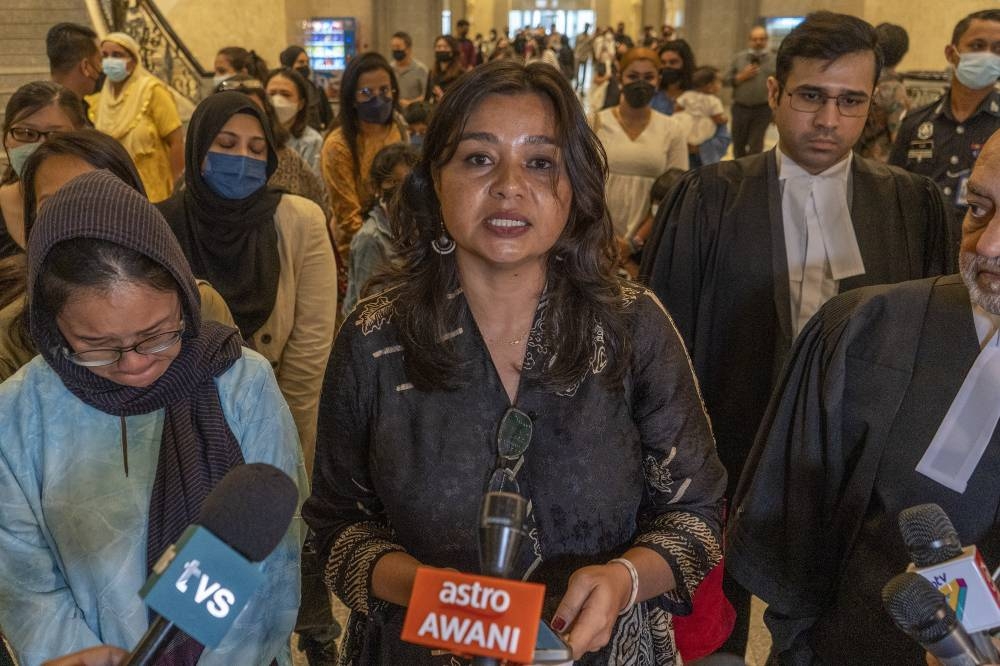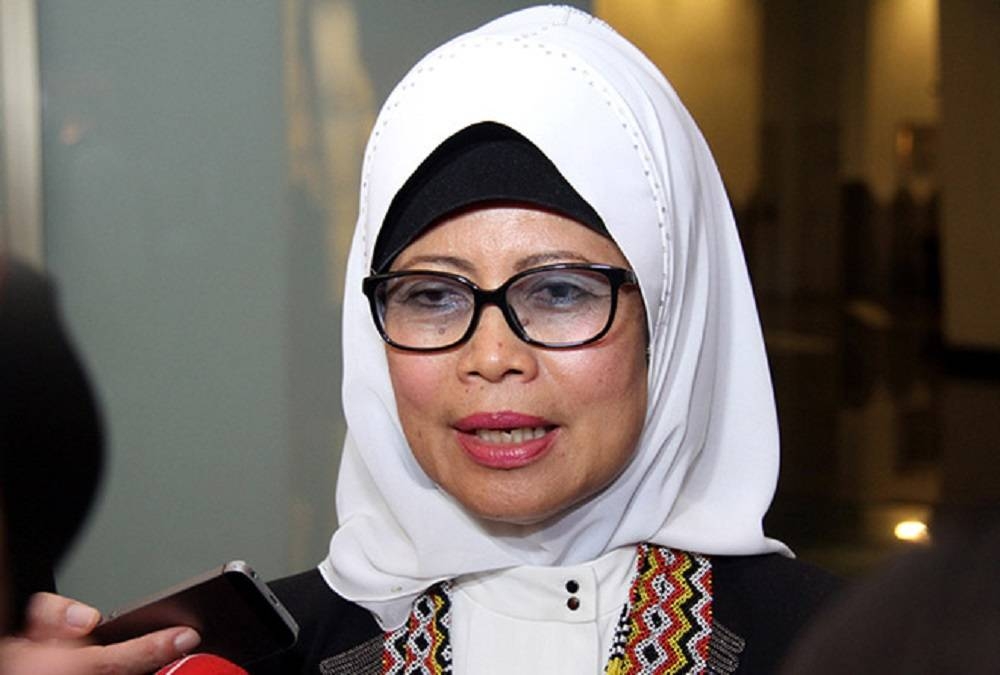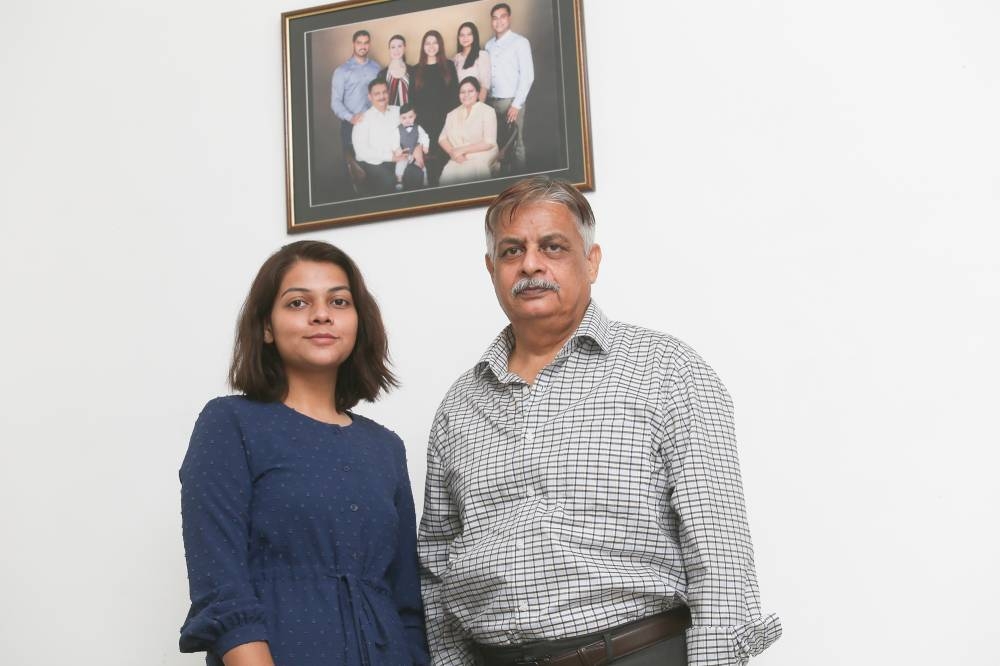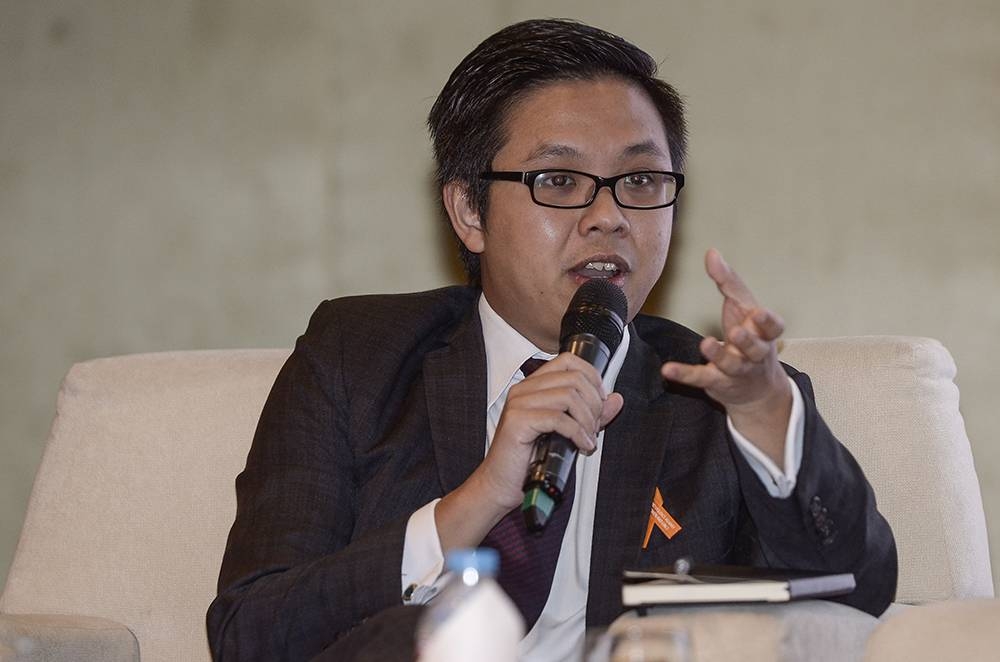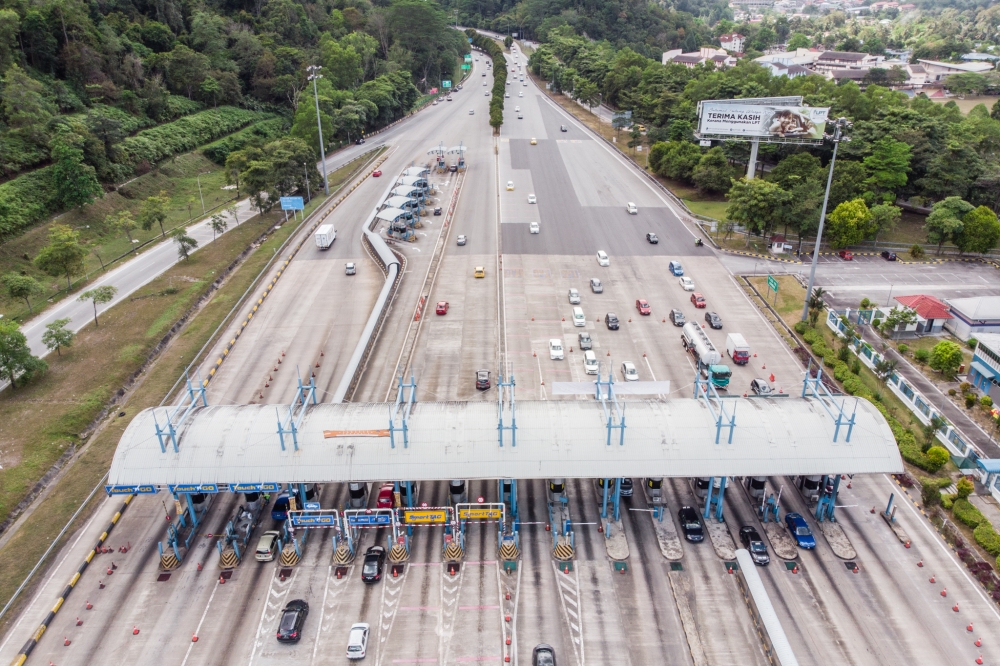PUTRAJAYA, Aug 5 — The Court of Appeal today decided in a majority decision that the overseas-born children of Malaysian mothers cannot automatically be Malaysian citizens.
Datuk Seri Kamaludin Md Said, who chaired the panel, was one of the judges who gave the majority decision.
Datuk Azizah Nawawi similarly gave the same decision.
Datuk S. Nantha Balan was the only judge on the panel who disagreed, pointing out that Malaysia's citizenship laws discriminated against Malaysian women by not allowing them to pass on citizenship to their children born overseas.
In this case, the Malaysian government had appealed against the High Court's September 9, 2021 decision, which recognised that Malaysia’s citizenship laws discriminated against women and which had ruled that Malaysian mothers whose children are born overseas should also be entitled to Malaysian citizenship.
The High Court had ruled in favour of the six Malaysian mothers on September 9, 2021, and ordered the authorities to issue citizenship documents to the overseas-born children of the six applicants and others caught in similar circumstances.
While waiting for the Court of Appeal to decide on the appeal, the six Malaysian mothers who filed the suit managed to obtain citizenship documents from the National Registration Department (NRD) for their overseas-born children.
This was because the High Court and Court of Appeal refused to allow the government to defer issuing the citizenship papers while waiting for the appeal to be decided.
After today’s decision, lawyer for the six Malaysian mothers, Datuk Gurdial Singh Nijar informed the Court of Appeal that his clients would be appealing to the Federal Court.
The Court of Appeal today said status quo should be maintained for the overseas-born children of the six Malaysian mothers who had obtained the Malaysian citizenship papers, until the Federal Court decides on their appeal.
This means that the government should not revoke their citizenship papers while they are still appealing against today's decision.
As for other Malaysian mothers who are not part of the lawsuit and who had also applied for their overseas-born children to be given citizenship documents by the NRD, the Court of Appeal said their applications should be frozen and should not be rejected.
“Whatever granted, leave it, don't disturb it. Whatever pending, leave it in suspended animation pending disposal of appeal,” Nantha Balan said.
“Whatever pending should not be rejected, just freeze it. You get what I mean?” he added.
“Yes, completely understand,” senior federal counsel Liew Horng Bin representing the Malaysian government, replied.
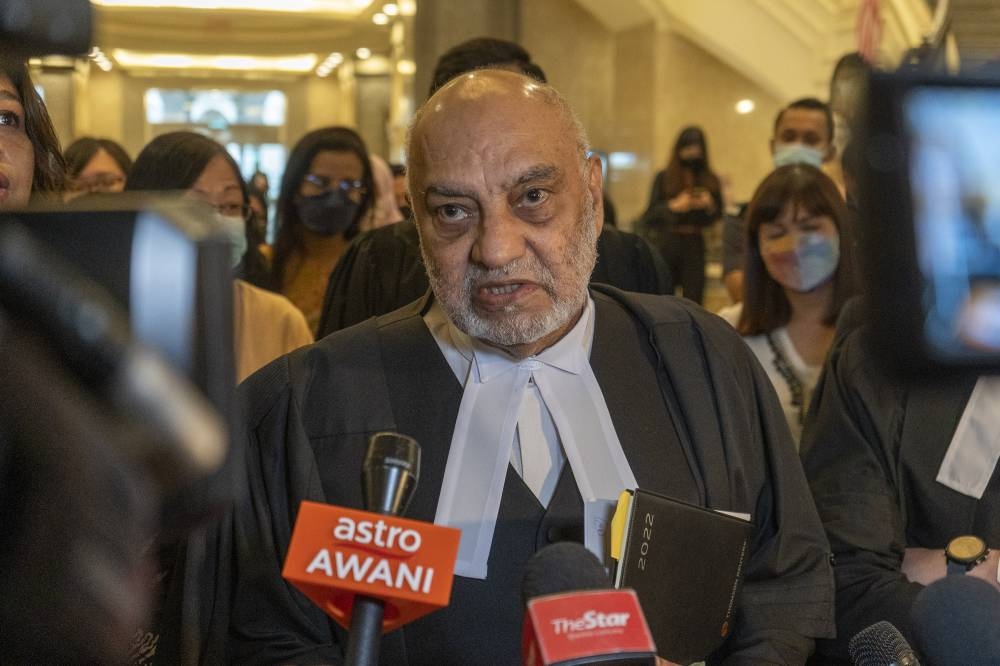
What the judges decided
Kamaludin said the Federal Constitution’s citizenship clause — which mentioned having a Malaysian “father” as the requirement for an overseas-born child to be a Malaysian citizen — refers to “father” only.
Kamaludin said the word “father” in the Federal Constitution is not intended to be interpreted to also include “mother”. Malaysian mothers had argued that the Federal Constitution citizenship requirements should be interpreted to also include “mother”, to enable their overseas-born child to also be entitled to be Malaysians.
“The word ‘father’ reflects to ‘father’ only, and does not reflect ‘mother’,” he said, having also said the courts cannot insert new words into the Federal Constitution. He said the framers of the Federal Constitution would have used the word “parent” if it was intended to refer to either father or mother, and argued that the deliberate choice of the word “father” would specifically refer to a “male parent”.
The judge said the courts cannot “at its own whims and fancy” attempt to rewrite the Federal Constitution, and that the remedy for Malaysian mothers is to apply under Article 15(2) of the Federal Constitution for their children — aged under 21 — to be registered as Malaysian citizens.
But the judge also agreed that the system for this citizenship application can be improved and that the authorities need to address this. The Malaysian mothers in the case had actually applied to the Malaysian government under Article 15(2) before filing this court case, and were facing years of waiting or even rejection for their overseas-born children to be recognised as Malaysians.
“I can only say here that conferment of citizenship — although at the discretion of government — the process must not be prolonged and must be duly considered. There must be proper mechanism,” he said.
He said the High Court is not in position to find a remedy for these six Malaysian mothers and pointed to the parliamentary process as the way for the issue to be resolved, ultimately ruling that the High Court had “erred” in its decision. He decided that the overseas-born children of the Malaysian mothers are not entitled to Malaysian citizenship and would have to apply under Article 15(2).
Azizah said the High Court judge had committed a fundamental and appealable error when he ruled in favour of the six Malaysian mothers, as the judge had allegedly disregarded the Federal Court’s May 2021 majority decision in the citizenship case of CTEB when it interpreted the word “father”.
Kamaludin had also relied on the Federal Court’s majority decision in the CTEB case.
Agreeing that the word “father” was deliberate and context-sensitive as other citizenship provisions in the Federal Constitution used the word “parents”, she said the word “father” should carry a different meaning and cannot include “mother”.
“I’m of the considered view the word ‘father’ means biological father, it does not mean ‘mother’ or either parent,” she said, having also cited the Federal Court’s position in CTEB which said it is for Parliament to resolve conflicts in the law.
Since the Malaysian mothers’ overseas-born children have biological fathers who are not Malaysian citizens, Azizah said they are not entitled to Malaysian citizenship under the Federal Constitution.
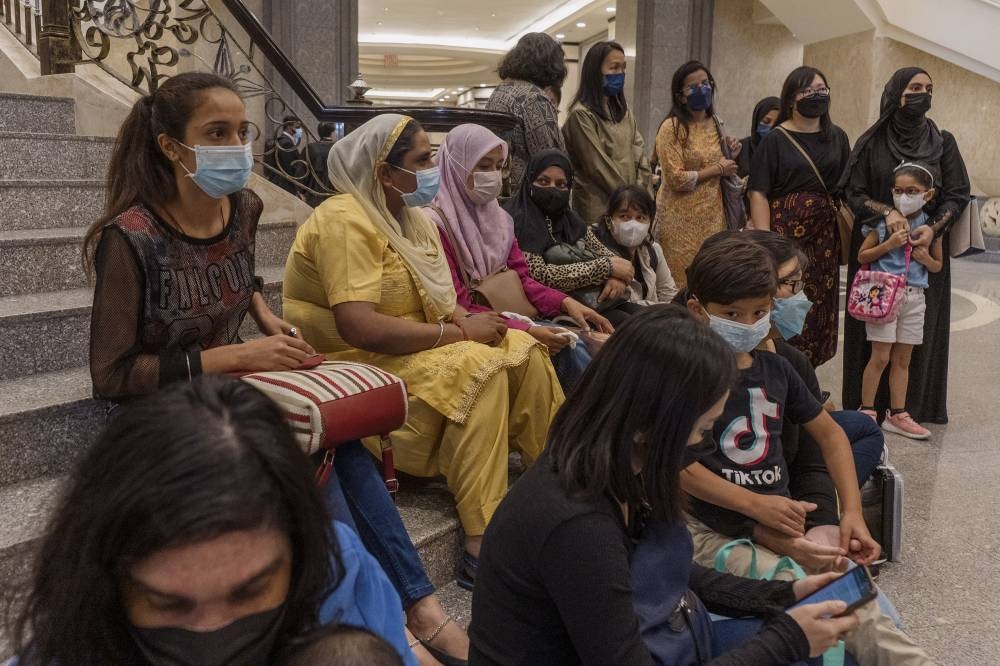
Nantha Balan did not mince his words when ruling that there was a conflict between the current citizenship provisions in the Federal Constitution and between the Federal Constitution’s Article 8(2) which protects all Malaysian citizens from gender discrimination in any laws.
“In my view, there is patently a conflict, as the wording of the letter gives rise to interpretation that the bloodline of Malaysian mothers would be treated as inferior to that of fathers, as jus sanguinis principle does not apply for Malaysian mothers to pass on citizenship,” he said.
“It is illogical, perverse and degrading to the rights and dignity of Malaysian mothers,” he said, when highlighting the situation of Malaysian mothers whose children cannot automatically be Malaysians simply because they were married to foreigners and gave birth overseas.
For Malaysian fathers however who marry foreigners and whose child is born overseas, their children automatically are entitled to be Malaysians.
“It is discriminatory to the rights of Malaysian mothers who are married to a foreigner and whose child is born overseas,” he said.
Since Parliament had never amended the Federal Constitution to expressly allow gender discrimination against Malaysian mothers in terms of citizenship for their children, the judge said the word “father” in the citizenship laws in the Federal Constitution should be read in a non-discriminatory manner to include “mother” to comply with Article 8(2).
Citing Section 2(94) of the Eleventh Schedule of the Federal Constitution which said words using the “masculine gender” are to be interpreted to “include females”, Nantha Balan said this clause can be relied on to interpret the word “father” as including “mother”, to enable Malaysian mothers to pass on citizenship automatically to their overseas-born children.
Nantha Balan pointed out that while “father” is a specific word and refers to a male parent, it does not mean the word “father” does not fall within the masculine gender. “Masculine gender includes he, him and his, but does not exclude words such as father, brother, uncle,” he pointed out, ultimately deciding in favour of the Malaysian mothers.
But as Nantha Balan’s decision as the dissenting judge is the minority ruling, the majority decision by the two other judges will apply to the case.
The three Court of Appeal judges gave their decision today for two similar citizenship cases at the same time.
The first appeal was by the Malaysian government, home minister and the NRD director-general against the six Malaysian mothers and advocacy group Family Frontiers. The Malaysian government and the other two won their appeal today, with no order given as to costs.
Apart from Gurdial, the other lawyers for the Malaysian mothers are Ngeow Chow Ying, Gan Pei Fern, Joshua Andran, Loh Suk Hwa, Abraham Au, Denishia Rajendran, Surenthiran Raj, Nik Nur Adawiyah, while lawyers who held watching brief in this case are Vilasini Vijandran for the Bar Council and Tay Kit Hoo for the Human Rights Commission of Malaysia (Suhakam).
The second appeal is by Mahisha Sulaiha Abdul Majeed, a woman — born to a Malaysian mother and Indian national father in India — who wanted to be declared a Malaysian citizen but was unsuccessful at the High Court. The Court of Appeal’s majority decision dismissed her appeal, while Nantha Balan was the only one who ruled in her favour.
Kamaludin said “it is open to Mahisha to apply for citizenship by naturalisation under (the Federal Constitution’s) Article 19 if the legal requirements are satisfied”.
The lawyers representing Mahisha Sulaiha today are Raymond Mah, Jasmine Wong, Eric Toh, while senior federal counsel Liew and federal counsel Mohammad Sallehuddin Md Ali also represented the National Registration Department director-general, the home minister and the Malaysian government.
When contacted, Wong confirmed to Malay Mail that Mahisha will be appealing to the Federal Court against the decision today.
For both cases involving Mahisha and the six Malaysian mothers and Family Frontiers, they will have to first obtain leave for appeal from the Federal Court. If the Federal Court grants leave, it would then proceed to hear their appeal. If the Federal Court rejects leave, that would be the end of their bid to appeal.
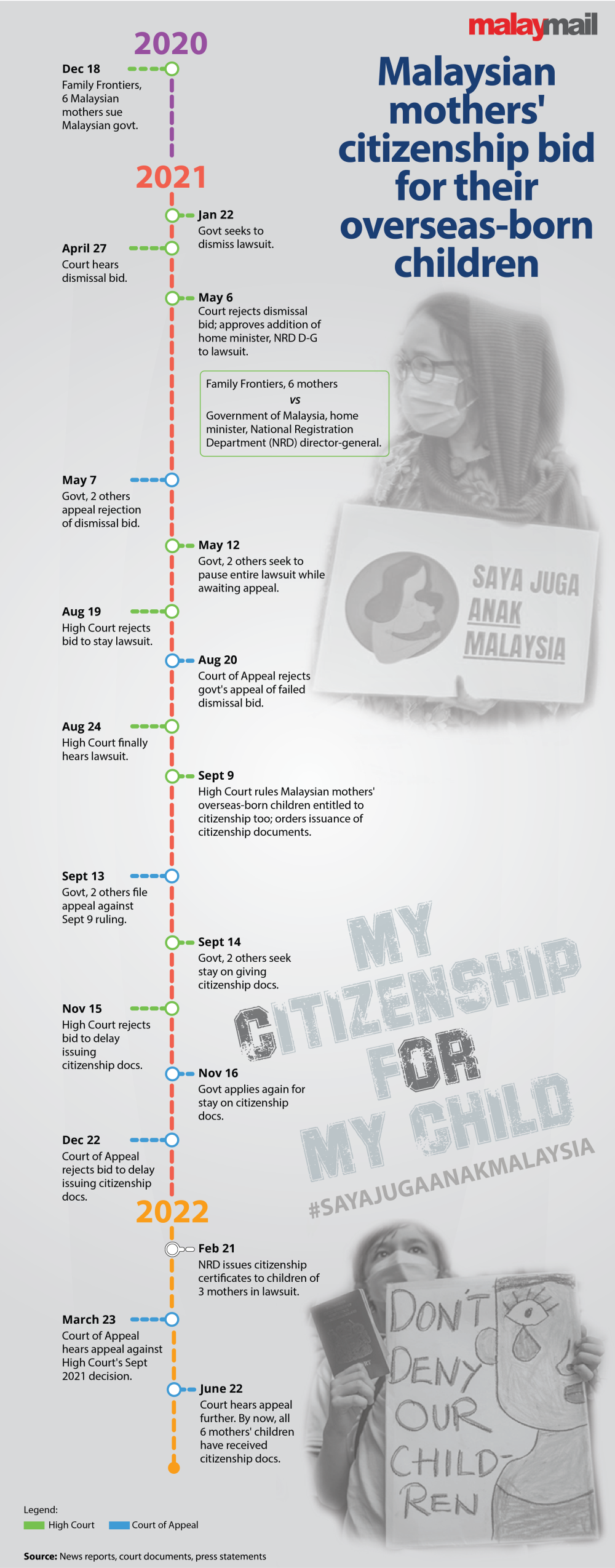
MORE TO COME
















